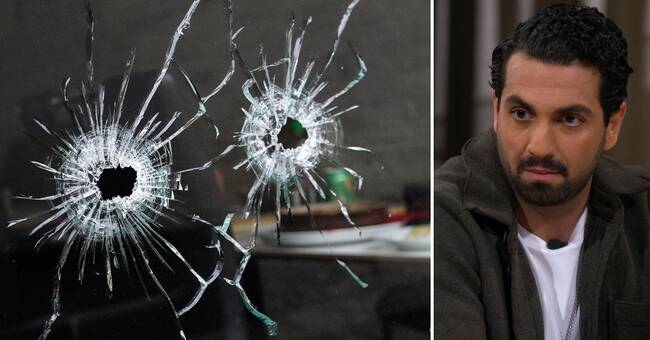This week's crime has taken part in the Stockholm Police's review of fatal shootings during the years 2013 to 2018, and made its own compilation for 2019. It appears that only 21 of a total of 84 murders with firearms during the current period led to prosecution, ie a quarter.
Of the total of 53 murder defendants in these cases, which also include defendants for aiding and abetting, only 17 people have been convicted.
According to the Stockholm Police's review, the figures largely also reflect the clearance statistics in the rest of the country.
The program discusses, among other things, the double murder in Sätra 2019, where the district court convicted a person of murder who was later acquitted in the Court of Appeal.
The evidence in the case consisted mainly of camera surveillance, DNA traces on three sleeves, and that the designated people must have handled the victims' mobile phones after the murders.
Nadim Ghazale, police officer and recurring expert in Crime of the Week, testifies to a great deal of frustration among himself and his colleagues over the acquittal.
- It feels like we who work with this within the police feel that the reasonable doubt has become an unreasonable doubt today, says Ghazale.
Wants the courts to seek the truth
He is supported by Thomas Ahlstrand, prosecutor against international and organized crime, who believes that the verdict is typical of a modern way of processing evidence in the courts.
- You do not put the evidence together, but each of them must stand on its own.
You do not seek the truth or make a plausibility assessment.
Defense lawyer Kristofer Stahre does not agree.
- It is a dangerous way to go if you are to seek the truth in the courts, because it invites speculation about what may be true and not in an unreasonable way.
Some murders have inherent evidentiary difficulties. Not all crimes can be proven.
You have to accept that, says Kristofer Stahre.
The thread situation requires a different assessment
However, police Nadim Ghazale feels that the evidentiary requirements are too harsh today and that the current gang situation requires a different approach.
- We are there today that it takes a filmed murder to get someone convicted.
These gangs or networks act as a collective and frighten people as a collective.
And even if they do not know exactly what the other person should do, they are still loyal, says Nadim Ghazale.
See the whole Crime of the Week here

